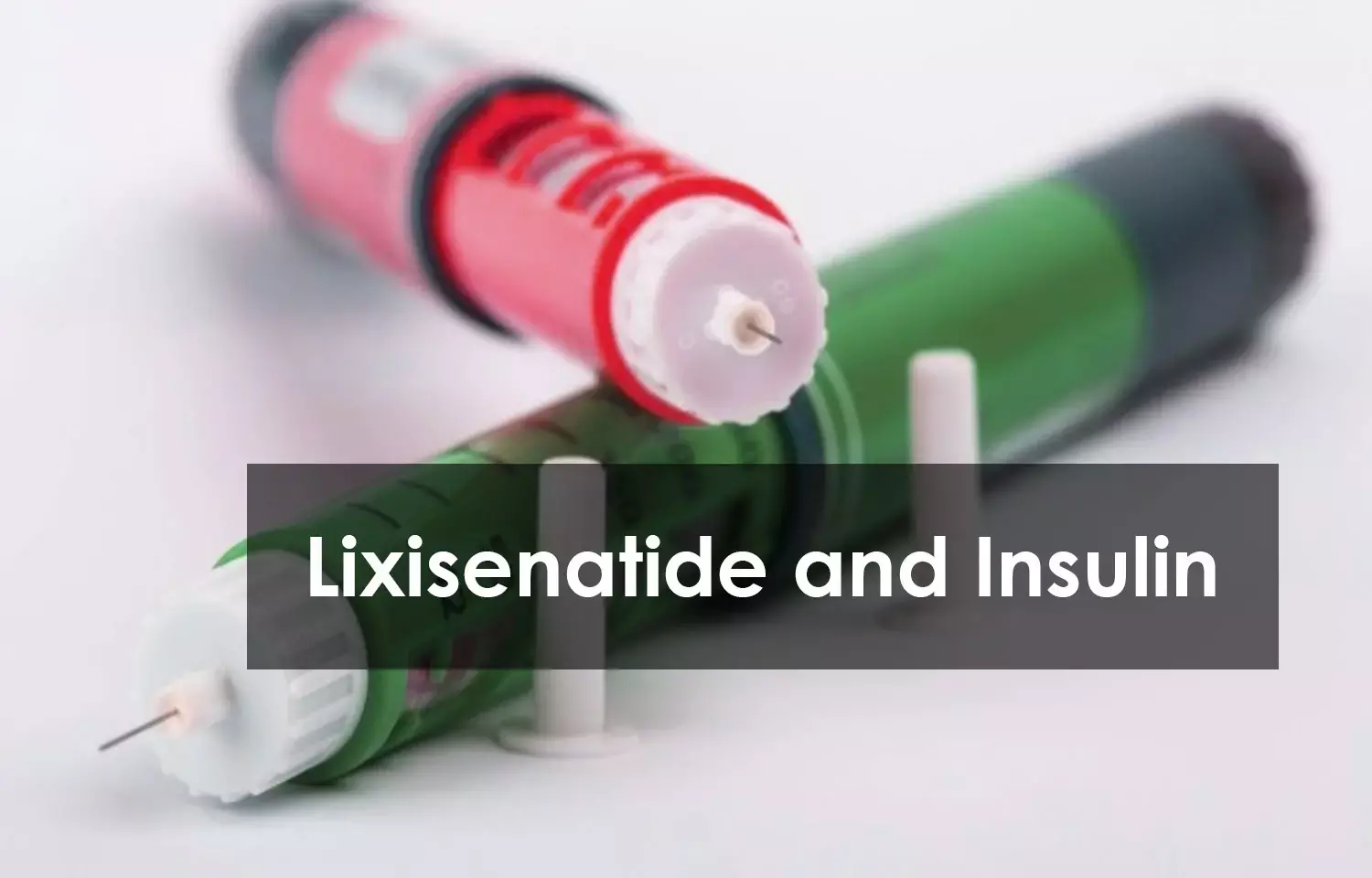- Home
- Medical news & Guidelines
- Anesthesiology
- Cardiology and CTVS
- Critical Care
- Dentistry
- Dermatology
- Diabetes and Endocrinology
- ENT
- Gastroenterology
- Medicine
- Nephrology
- Neurology
- Obstretics-Gynaecology
- Oncology
- Ophthalmology
- Orthopaedics
- Pediatrics-Neonatology
- Psychiatry
- Pulmonology
- Radiology
- Surgery
- Urology
- Laboratory Medicine
- Diet
- Nursing
- Paramedical
- Physiotherapy
- Health news
- Fact Check
- Bone Health Fact Check
- Brain Health Fact Check
- Cancer Related Fact Check
- Child Care Fact Check
- Dental and oral health fact check
- Diabetes and metabolic health fact check
- Diet and Nutrition Fact Check
- Eye and ENT Care Fact Check
- Fitness fact check
- Gut health fact check
- Heart health fact check
- Kidney health fact check
- Medical education fact check
- Men's health fact check
- Respiratory fact check
- Skin and hair care fact check
- Vaccine and Immunization fact check
- Women's health fact check
- AYUSH
- State News
- Andaman and Nicobar Islands
- Andhra Pradesh
- Arunachal Pradesh
- Assam
- Bihar
- Chandigarh
- Chattisgarh
- Dadra and Nagar Haveli
- Daman and Diu
- Delhi
- Goa
- Gujarat
- Haryana
- Himachal Pradesh
- Jammu & Kashmir
- Jharkhand
- Karnataka
- Kerala
- Ladakh
- Lakshadweep
- Madhya Pradesh
- Maharashtra
- Manipur
- Meghalaya
- Mizoram
- Nagaland
- Odisha
- Puducherry
- Punjab
- Rajasthan
- Sikkim
- Tamil Nadu
- Telangana
- Tripura
- Uttar Pradesh
- Uttrakhand
- West Bengal
- Medical Education
- Industry
Lixisenatide addition to basal insulin helps achieve proper blood sugar control irrespective of BMI

Add-on lixisenatide can be used to optimize blood sugar control in Asian individuals with type 2 diabetes unable to achieve their HbA1c glycemic targets on basal insulin with or without Oral Antidiabetics, irrespective of the individual's BMI, finds a new study. Lixisenatide is a once-daily injectable GLP-1 receptor agonist for the treatment of type 2 diabetes. The new study by Wenhuan Feng and team pointed out that lixisenatide is a better add on treatment with basal insulin in Asian individuals with type 2 diabetes.
The study has been published in the journal of Diabetes Research and care.
60% of diabetics in the world are found in the Asian Population. 113.9 million adults i.e 11.6% of the adult population of China and 65.1 million adults with diabetes in India.
The objective of the study was investigate the efficacy and safety of once-daily lixisenatide add-on treatment to basal insulin in Asian individuals with type 2 diabetes, by baseline body mass index (BMI).
The researchers used data from all Asian participants in the placebo-controlled GetGoal-Duo 1, GetGoal-L, and GetGoal-L-C Studies were pooled and categorized according to the following BMI subgroups of <25 kg/m2, 25–<30 kg/m2 and ≥30 kg/m2. Efficacy and safety of lixisenatide versus placebo were evaluated among BMI subgroups. Multivariable regression analyses were also conducted to explore the potential influence of BMI on efficacy outcomes after adjusting for baseline characteristics.
The researchers found that out of 555 participants included whose mean age was 53.9 years, 52.4% men. No significant differences in treatment effects between the BMI subgroups were observed for the changes from baseline to 24 weeks in glycated hemoglobin (HbA1c), fasting plasma glucose, postprandial glucose (PPG), PPG excursion, body weight, BMI, and basal insulin dose with lixisenatide, as well as the change in basal insulin dose at study endpoint and the proportion of participants achieving an HbA1c <7% at 24 weeks (all p values for interaction >0.15). In the multivariable regression analysis, participants in the lowest BMI group had a smaller reduction in body weight over the 24-week treatment period relative to the highest BMI group (p=0.023).
The researchers concluded that "This post hoc analysis indicates that lixisenatide improved glycemic control regardless of baseline BMI and was well tolerated in Asian individuals unable to achieve their HbA1c target on basal insulin ±oral antidiabetic drugs." there is a large diversity in the BMI profiles of Asian individuals receiving basal insulin who require additional treatment, so this favorable effect of lixisenatide on glycemic control, independent of BMI, is promising and supports the combination of basal insulin +lixisenatide in these individuals.
For further information:
Wenhuan Feng,1 Weimin Wang,1 Ran Meng,1 Guangyu Wu,2 Minlu Zhang,2 Xia Zhang,2 Huiqiu Yin,2 Dalong Zhu "Lixisenatide is effective and safe as addon treatment to basal insulin in Asian individuals with type 2 diabetes and different body mass indices: a pooled analysis of data from the GetGoal Studies" BMJ Open Diab Res Care 2021;9:e002290. doi:10.1136/bmjdrc-2021-002290.
Dr Kartikeya Kohli is an Internal Medicine Consultant at Sitaram Bhartia Hospital in Delhi with super speciality training in Nephrology. He has worked with various eminent hospitals like Indraprastha Apollo Hospital, Sir Gangaram Hospital. He holds an MBBS from Kasturba Medical College Manipal, DNB Internal Medicine, Post Graduate Diploma in Clinical Research and Business Development, Fellow DNB Nephrology, MRCP and ECFMG Certification. He has been closely associated with India Medical Association South Delhi Branch and Delhi Medical Association and has been organising continuing medical education programs on their behalf from time to time. Further he has been contributing medical articles for their newsletters as well. He is also associated with electronic media and TV for conduction and presentation of health programs. He has been associated with Medical Dialogues for last 3 years and contributing articles on regular basis.
Dr Kamal Kant Kohli-MBBS, DTCD- a chest specialist with more than 30 years of practice and a flair for writing clinical articles, Dr Kamal Kant Kohli joined Medical Dialogues as a Chief Editor of Medical News. Besides writing articles, as an editor, he proofreads and verifies all the medical content published on Medical Dialogues including those coming from journals, studies,medical conferences,guidelines etc. Email: drkohli@medicaldialogues.in. Contact no. 011-43720751


